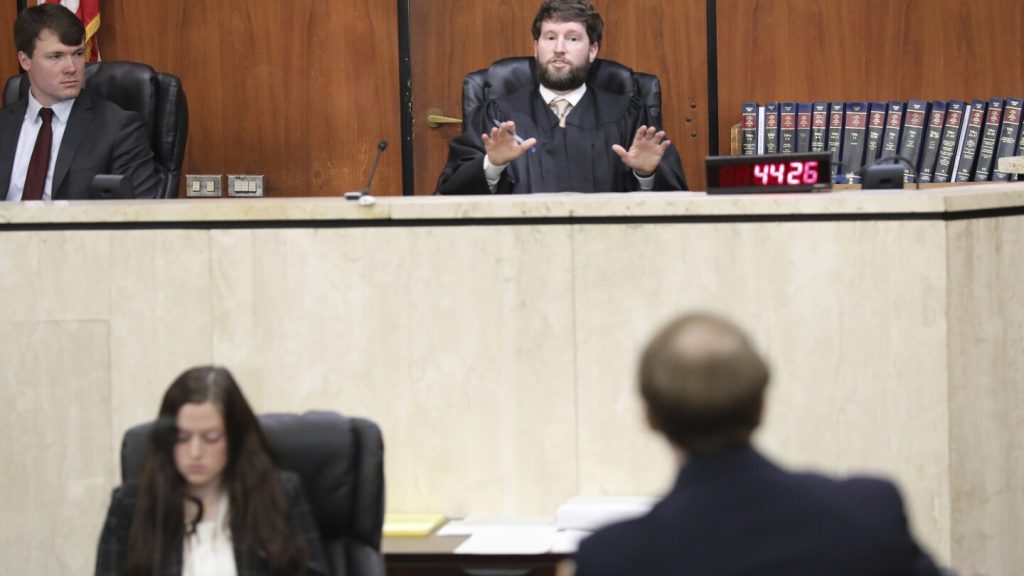South Carolina’s ban on abortions after six weeks is back in court with Planned Parenthood and the state arguing over the definition of a fetal heartbeat. The state Supreme Court justices noted two different definitions of “fetal heartbeat” in the law, and the question is being considered by Circuit Judge Daniel Coble. Planned Parenthood is seeking to block the law, stating that many women were turned away from abortions because their pregnancies were too far along. The state argues that the fetal heartbeat is detected around six weeks after conception, while Planned Parenthood claims the law kicks in around nine weeks when the major parts of the heart come together.
Lawyers for the state are challenging Planned Parenthood’s interpretation of the law, stating that the organization initially agreed that the law bans abortions after six weeks. They argue that judges should give the most weight to the intent of lawmakers, which was focused on the six-week timeframe. Planned Parenthood’s lawyer, Kyla Eastling, explained that the criminal penalties associated with the law led the organization to interpret it conservatively to protect doctors from legal consequences. The minor differences in punctuation in South Carolina’s law are being highlighted as the reason why the ban doesn’t begin until the chambers and valves of the heart come together.
Following the overturning of Roe v. Wade in 2022, most Republican-controlled states have enforced new bans or restrictions on abortions, while Democrat-dominated states have moved to protect abortion access. Currently, 14 states have bans on abortion at all stages of pregnancy with limited exceptions, and South Carolina is among the states with bans kicking in around six weeks. Arizona recently repealed a Civil War-era ban on most abortions. Taylor Shelton, the plaintiff in the lawsuit with Planned Parenthood, shared her experience of having to seek an abortion in North Carolina due to the lack of clarity in South Carolina’s law. She emphasized the need for clear and unequivocal laws that prioritize women’s well-being and autonomy.
Shelton described her struggle to navigate the system and access abortion care within the limited timeframe imposed by the law. Facing the possibility of imprisonment for violating the ban, health care providers were cautious in providing information and support. Shelton’s experience highlights the challenges faced by women in states with restrictive abortion laws and the impact of unclear legislation on their access to reproductive healthcare. Despite the obstacles she faced, Shelton remains determined to advocate for better laws that protect women’s rights and choices.
The ongoing legal battle over South Carolina’s abortion ban reflects the broader national debate around abortion access and reproductive rights. With conflicting interpretations of the law and differing definitions of a fetal heartbeat, the case underscores the complexity of regulating reproductive healthcare. The outcome of the lawsuit will have far-reaching implications for women in the state and may set a precedent for future abortion laws and restrictions. As the legal proceedings continue, advocates on both sides of the issue are closely watching the developments and working to advance their respective positions in the ongoing fight for reproductive rights.


